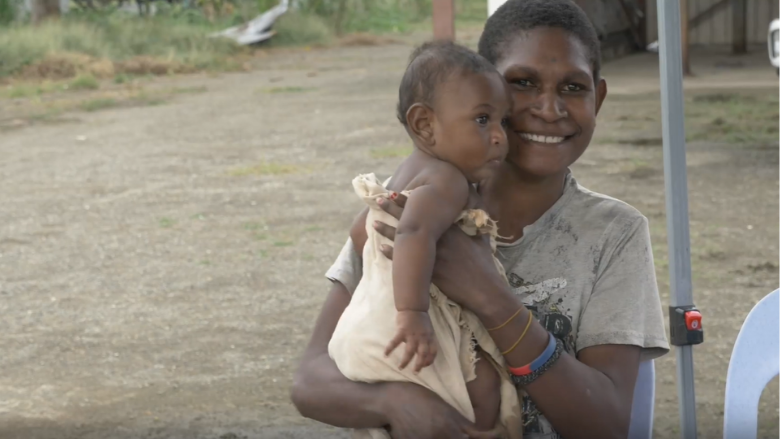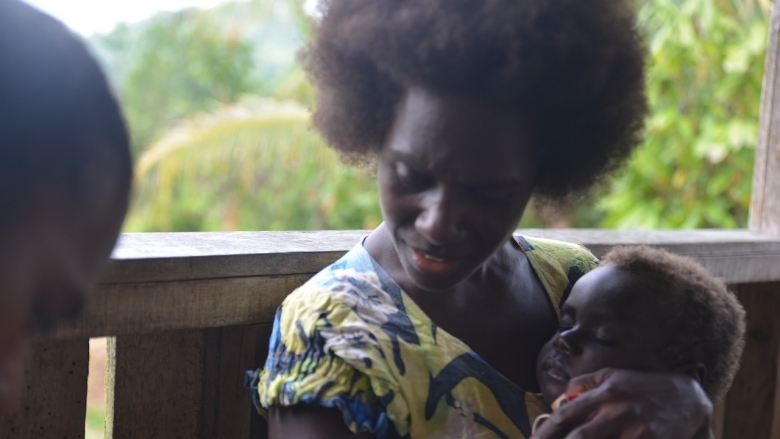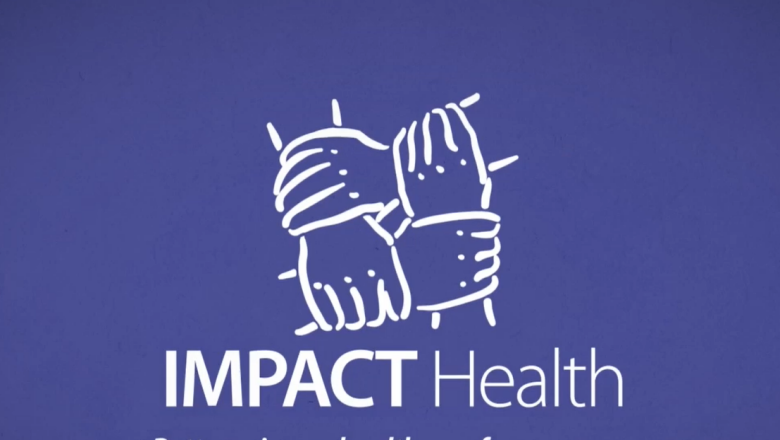Improving the services delivered in provincial areas of Papua New Guinea (PNG) is critical to meet the health needs of the communities, yet provincial health services are currently faced with complex funding arrangements, lack of transparency and delays in budget disbursement that mean the delivery of basic quality healthcare remains a challenge.
The US$30 million IMPACT Health project aims to address these challenges by increasing the quality and use of essential health services through direct province-level funding at Provincial Health Authorities. This improvement in the quality of services provided should promote greater access and community utilization helping PNG to ensure more people have health coverage in the remote provinces. The new project aims to address the quality and efficiency of health services being delivered in community health posts, health centers, and district hospitals across the country, with a focus on the frontline to ensure the project delivers improvements to the most urgent need.
The key components of the project are:
· Service delivery readiness and community-based service delivery
· Frontline service delivery performance
· Project management
· Contingent emergency response.


